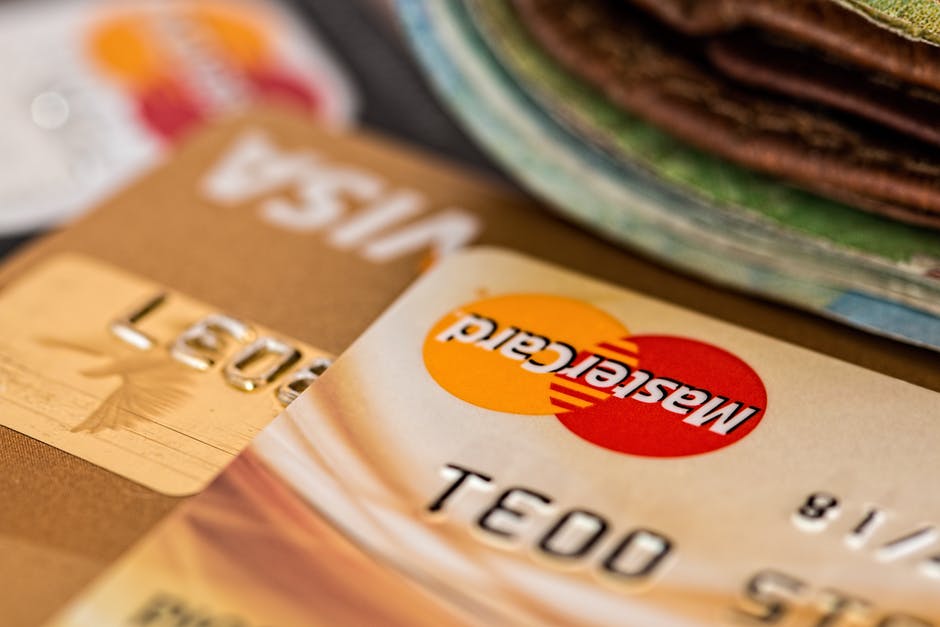
Who wants to learn about debt?
Well, it’s simple. If you want to stay out of debt or learn how to house it properly, you figure out what it is in the first place.
In this article, we will do just that on the example of revolving debt.
Keep reading to find out what it is and how people use it.
What Is Revolving Debt?
Revolving debt is a type of credit that is made from the balances that you carry on all of the revolving credit lines that you possess. Having debt is not unusual, as a larger portion of the Canadian population holds some sort of debt in some sort of fashion.
The more credit somebody has, the more debt they probably carry.
So what’s the difference between revolving credit and revolving debt?
Revolving credit is a credit line that has a limit, which you can borrow money against. And you can continue to borrow the money, as long as you pay off your balances.
So if you carry a balance on revolving credit, the debt itself would be known as revolving debt.
Some examples of revolving debt come from all of the balances that you carry on these types of credit:
Credit Cards
If you get approved for a credit card, you are provisioned with a certain credit limit, which places a constraint on your spending.
As you pay off the balance, you reacquire the credit line for future spending. The balance is subject to interest over time, depending on the terms of your lending institution.
Personal Lines of Credit
A personal line of credit provides access to a pre-determined money amount to your disposal. To receive a line of credit, you apply at your lending institution and are given a time frame from which you are allowed to withdraw from the account.
As you make payments on the balance, you will reacquire the initial spending capital on the line of credit.
Home Equity Lines of Credit
A HELOC provides you with the opportunity to borrow up to a pre-determined limit, which you will be responsible for paying against, depending on the amount of withdrawal.
However, this loan is drawn against the equity of your home, as collateral. In most cases, a draw and repayment period is enacted, which determines when and how you have to withdraw or pay back the outstanding balance with interest.
Is It a Good Idea to Have Revolving Debt?
Revolving debt can be good for you if you’re careful about it. Being irresponsible with finances is a surefire way to hurt your credit – or worse.
So revolving debt can help build credit, if you adhere to:
Retaining Low Credit Utilization Levels
Having too much revolving debt affects your credit score. In general, it is recommended to keep the utilization level below 30%.
So if you’re maxing out your limits, the credit score can drop. Even if you have to possess and carry over a balance to the next billing period, keep your utilization low.
Making Payments On Time
Your payment history is a great identifier of your potential credit score. If you miss payments, your credit score takes a hit.
Not to mention, you can get struck with late-payment fees and growing interest.
In practice, it’s best to pay off the balance on time and in full. If you stay on top of what you owe, interest doesn’t come. So if you pay off the entire balance each month, you won’t see interest charges on your account.
However, revolving debt is not good for you, if you:
Need A Lot of Money Soon
If you have to clear up some sort of major expense, you can still use revolving credit. However, nonrevolving credit, such as a personal loan – might be a better option, as it comes with a fixed timeline for repayment.
Meaning you cannot over-extend the credit line, even if you wanted to – as it comes with a pre-determined financial limit that cannot be withdrawn against.
If you need a quick loan, get in touch with us.
Have Poor Credit History
A lender is hesitant to extend credit to somebody who has a poor credit history. And even if you do get approved, you might not get an appropriate rate on your terms, which will make your balance a lot riskier.
But if you want to build credit, as mentioned earlier, revolving debt is a good opportunity, as long as you adhere to responsibility.
Continually Reach Your Credit Limits
Credit utilization has a lot of effect on credit score. So if you possess a high level of credit utilization, a lender might see your finances as being under pressure.
So if you can’t restrain yourself from hitting those limits, then revolving credit might not be for you.
Revolving Debt – A Plausible Approach To Finance
Now that you comprehend the entirety of revolving debt, where it comes from, and in which cases is it a good or bad idea for somebody, you are well on your way to taking control of your revolving debt so that it works for you and not the other way around.
The upper edge in finance does not come from earning more, it comes from knowing how to make use of the systems in place. Through simple acknowledgment and research, you can create new opportunities in your financial life for many years ahead.
If you’re interested in a quick and no-credit online loan, check us (CaptainCash) out and we will happily accommodate your needs.
